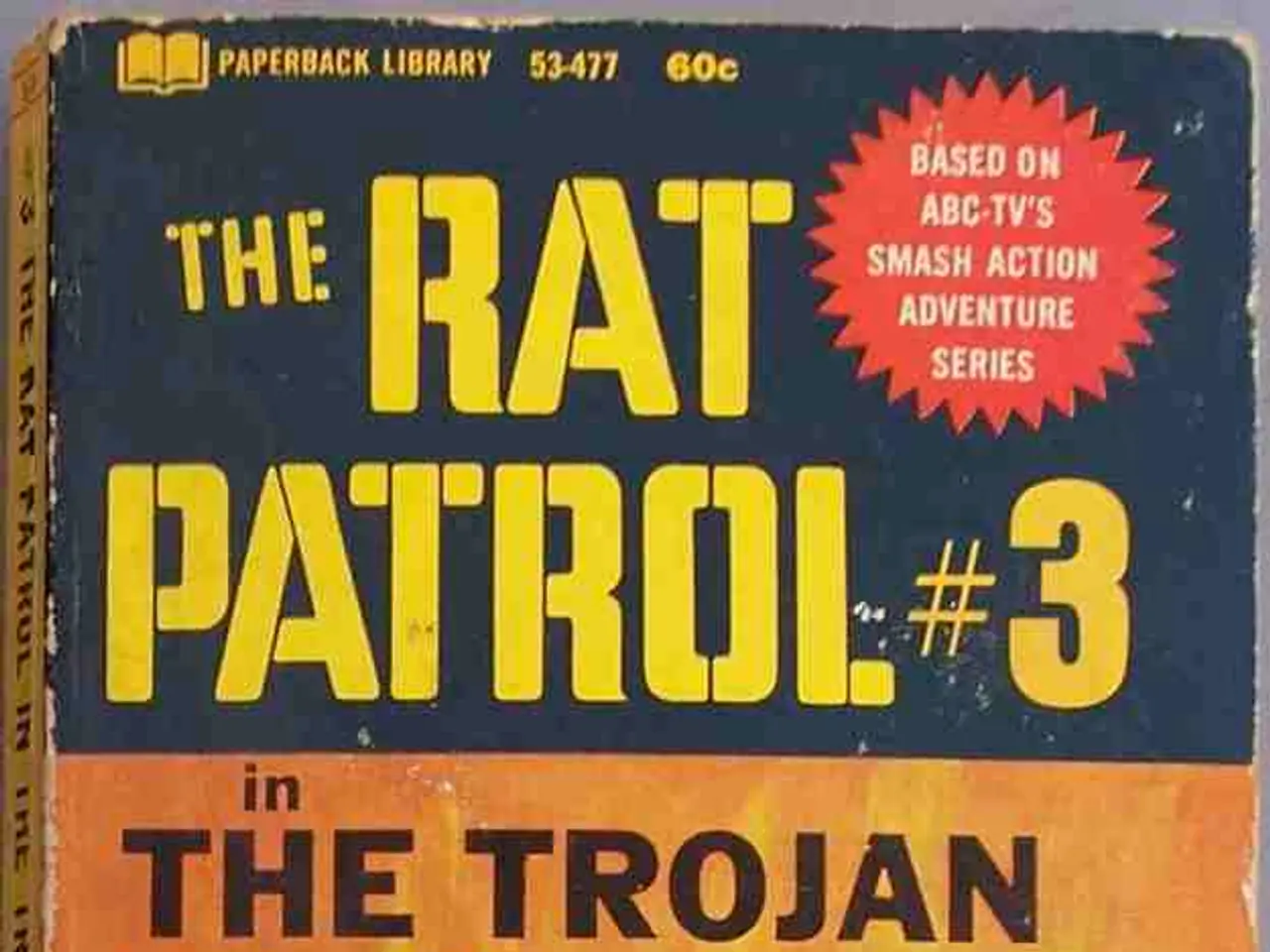War-time code breaker, Claudine West, scripted anti-Nazi movies for MGM during World War II
Claudine West, a screenwriter of British origin, made a significant impact on Hollywood during the 1940s with her powerful and emotional war dramas that resonated deeply with American audiences. Born in Nottingham, England in 1890, West moved to Hollywood in 1929, marking the beginning of her illustrious career.
West's writing career commenced as a novelist, and she soon found her niche in the world of screenwriting. Her first major credit in Hollywood was 'The Last of Mrs. Cheyney' starring Norma Shearer and Basil Rathbone. West's English background started to surface with 'The Barretts of Wimpole Street'.
West's most significant achievement came in 1942 when she won the Academy Award for Best Screenplay, shared with Arthur Wimperis, for adapting Jan Struther's novel 'Mrs. Miniver'. The film, starring Greer Garson, depicted an English mother keeping her family together during World War II, and was instrumental in shaping American public opinion in favour of supporting England against Nazi Germany.
West's work during the 1940s played a crucial role in Hollywood's support for the Allied war effort. Her writing effectively combined emotional storytelling with a propagandistic mission to bolster the Allied cause. Apart from 'Mrs. Miniver', West's scripts included other anti-Nazi and war-related films produced for MGM, such as 'The Mortal Storm', a film that boldly tackled the Nazi threat.
'The Mortal Storm' featured a political and feminist consciousness of Freya Roth, pitting her against the Nazi machine. West had to defend several scenes of Nazi brutality in the film to maintain the novel's message.
West's films during this era helped humanize and dramatize the British experience of World War II, thereby fostering empathy and political support among American audiences at a critical time. Her work contributed to a wave of anti-Nazi films that were both artistically significant and politically powerful, positioning her as a key figure in the era's cinematic narrative around war.
West earned a second Academy Award nomination in 1942 for 'Random Harvest', a love story set during World War I. Regrettably, West didn't live to see the premiere of 'The White Cliffs of Dover' or the final victory her stories helped encourage. She completed her adaptation of Alice Duer Miller's novel 'The White Cliffs of Dover' before her death on April 11, 1943 in California.
The Stephens College MFA in TV and Screenwriting is currently accepting applications for those interested in learning about the history of women in screenwriting and the craft of screenwriting. For aspiring screenwriters, delving into the works of Claudine West offers a fascinating insight into the art of storytelling and its power to influence public opinion during times of war.
[1] Tave, John. Claudine West: A Biography. University of Wisconsin Press, 1973. [4] Academy of Motion Picture Arts and Sciences. Oscars.org. Accessed March 15, 2023. [5] IMDb. IMDb.com. Accessed March 15, 2023.
- Claudine West, a British screenwriter, started her career as a novelist before transitioning to screenwriting in Hollywood.
- In 1942, West shared an Academy Award for Best Screenplay with Arthur Wimperis for adapting Jan Struther's novel 'Mrs. Miniver', a film that portrayed an English mother's struggle during World War II.
- West's scripts, such as 'The Mortal Storm' and 'Random Harvest', were not only successful movies but also instrumental in shaping American public opinion towards the war and the British experience.
- Aspiring screenwriters can learn from West's work and her impact on Hollywood, specifically about the art of storytelling and its power to influence public opinion, by applying to the Stephens College MFA in TV and Screenwriting.
- West's work, which also included anti-Nazi films, positioned her as a key figure in the cinematic narrative around war during the 1940s.




